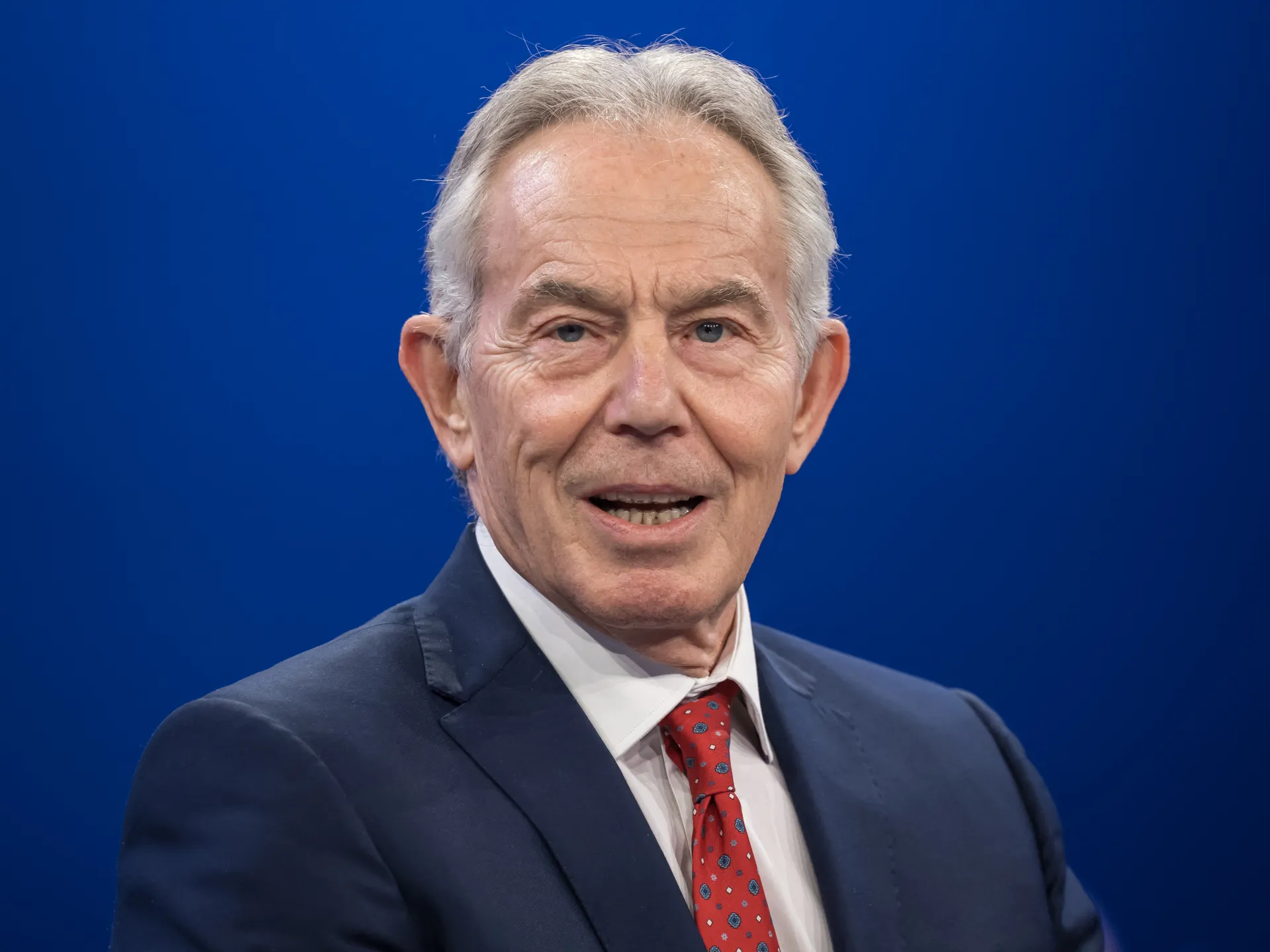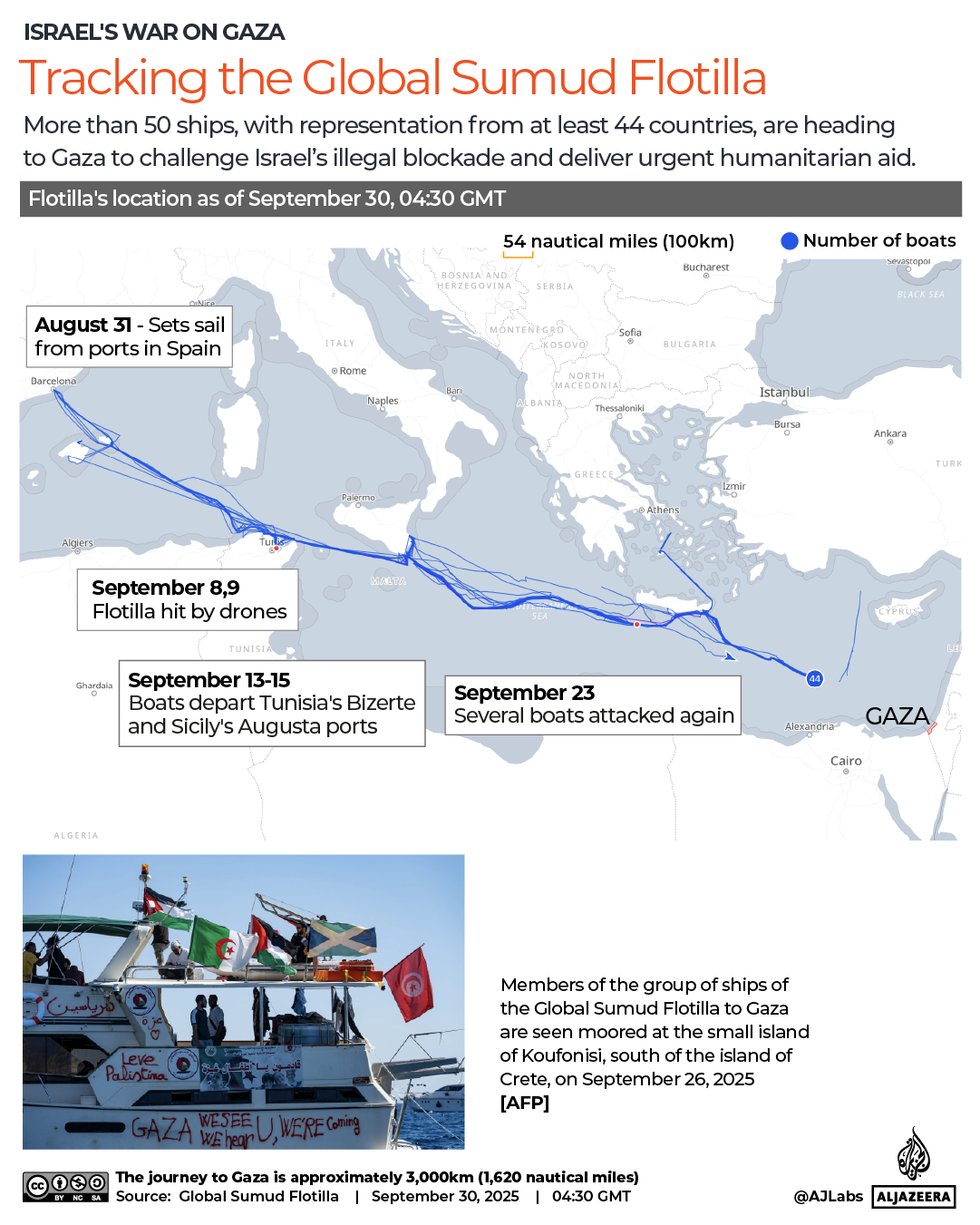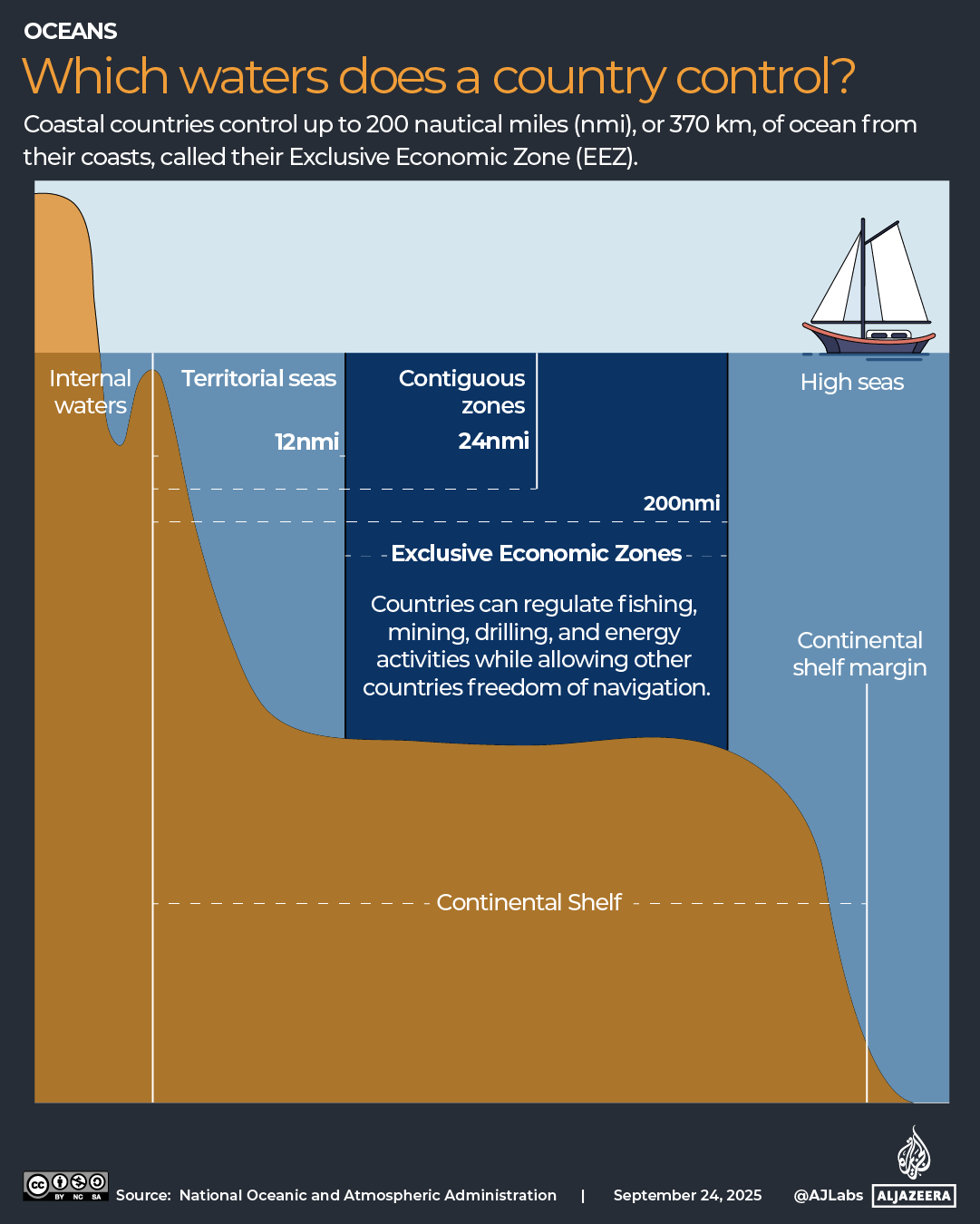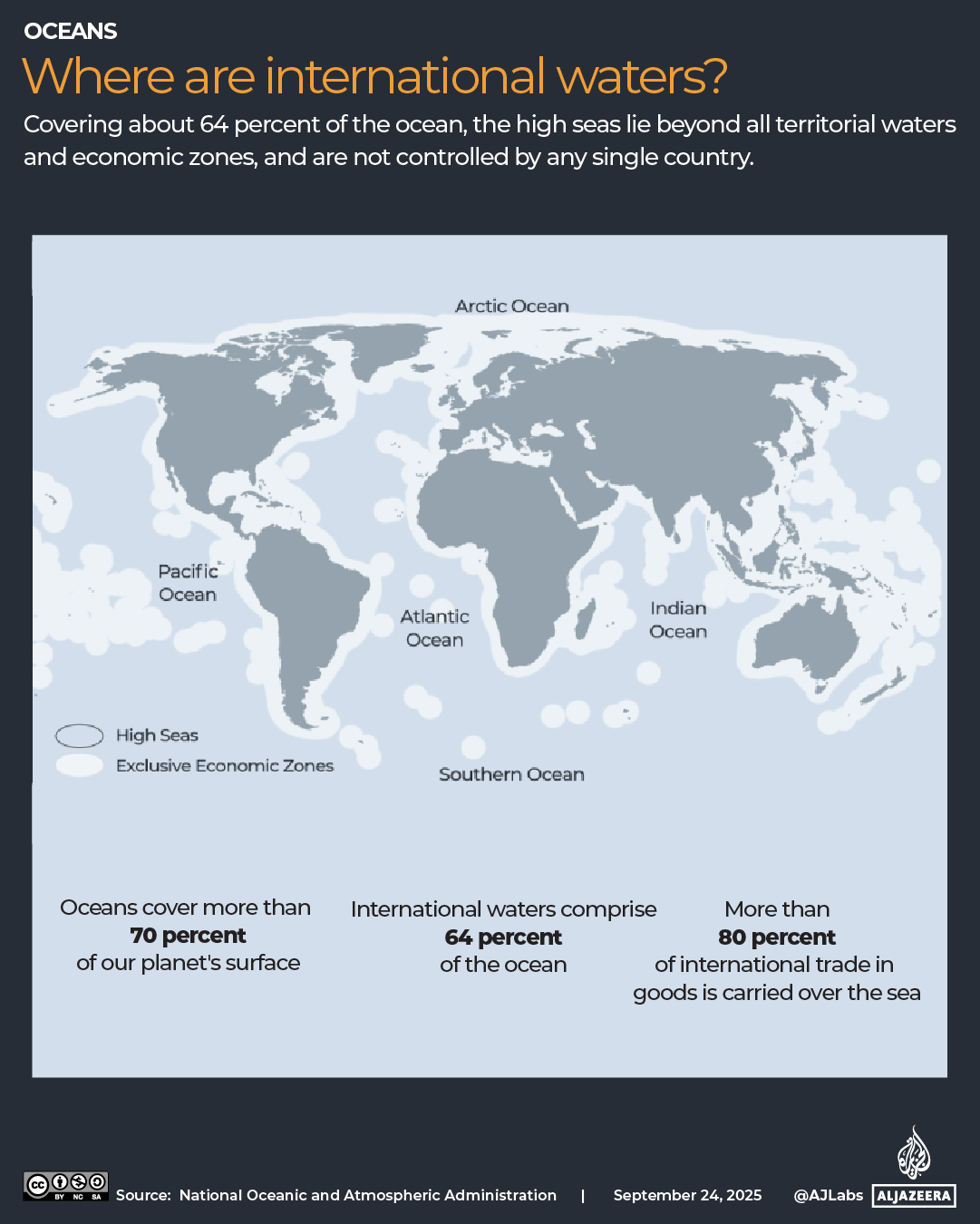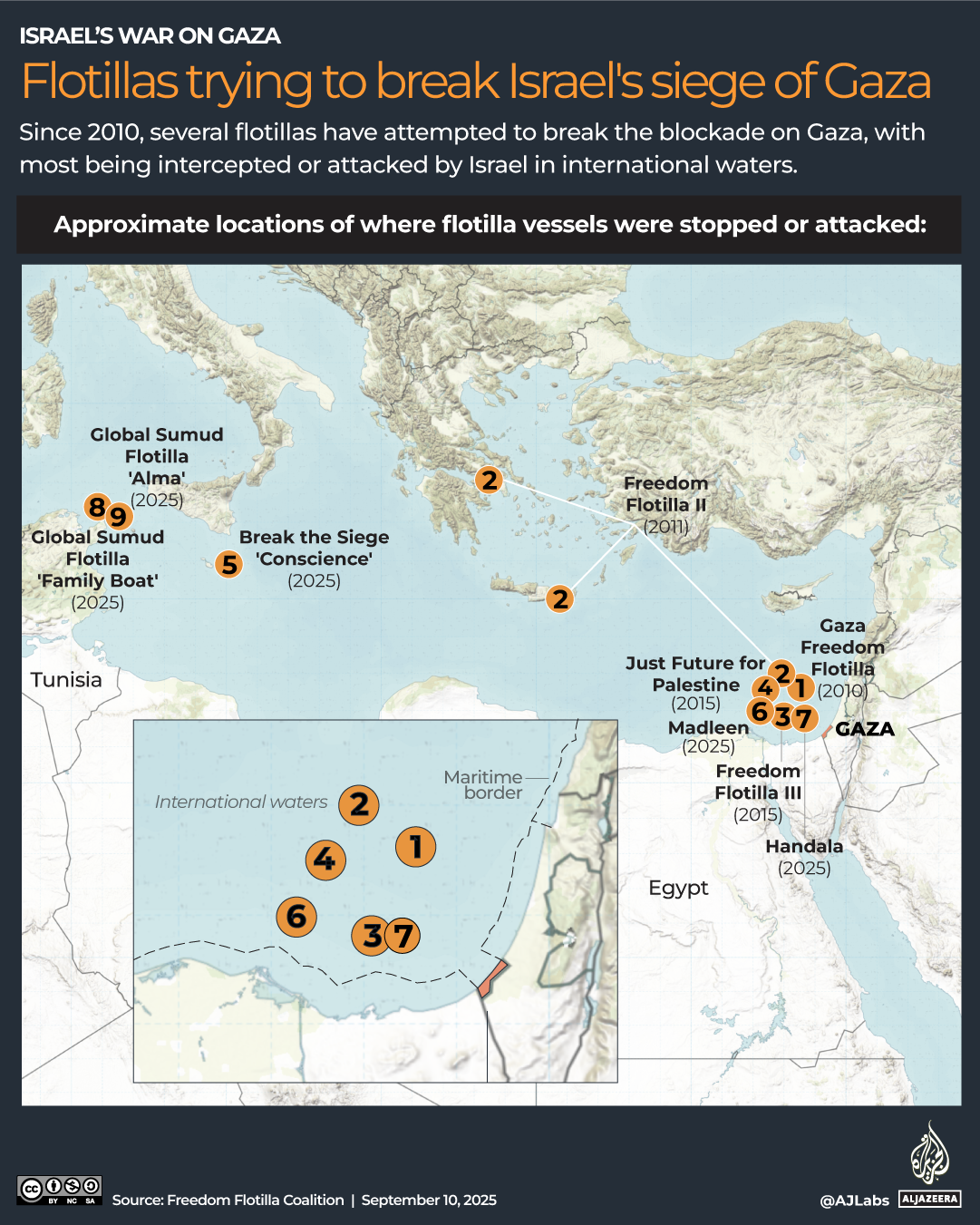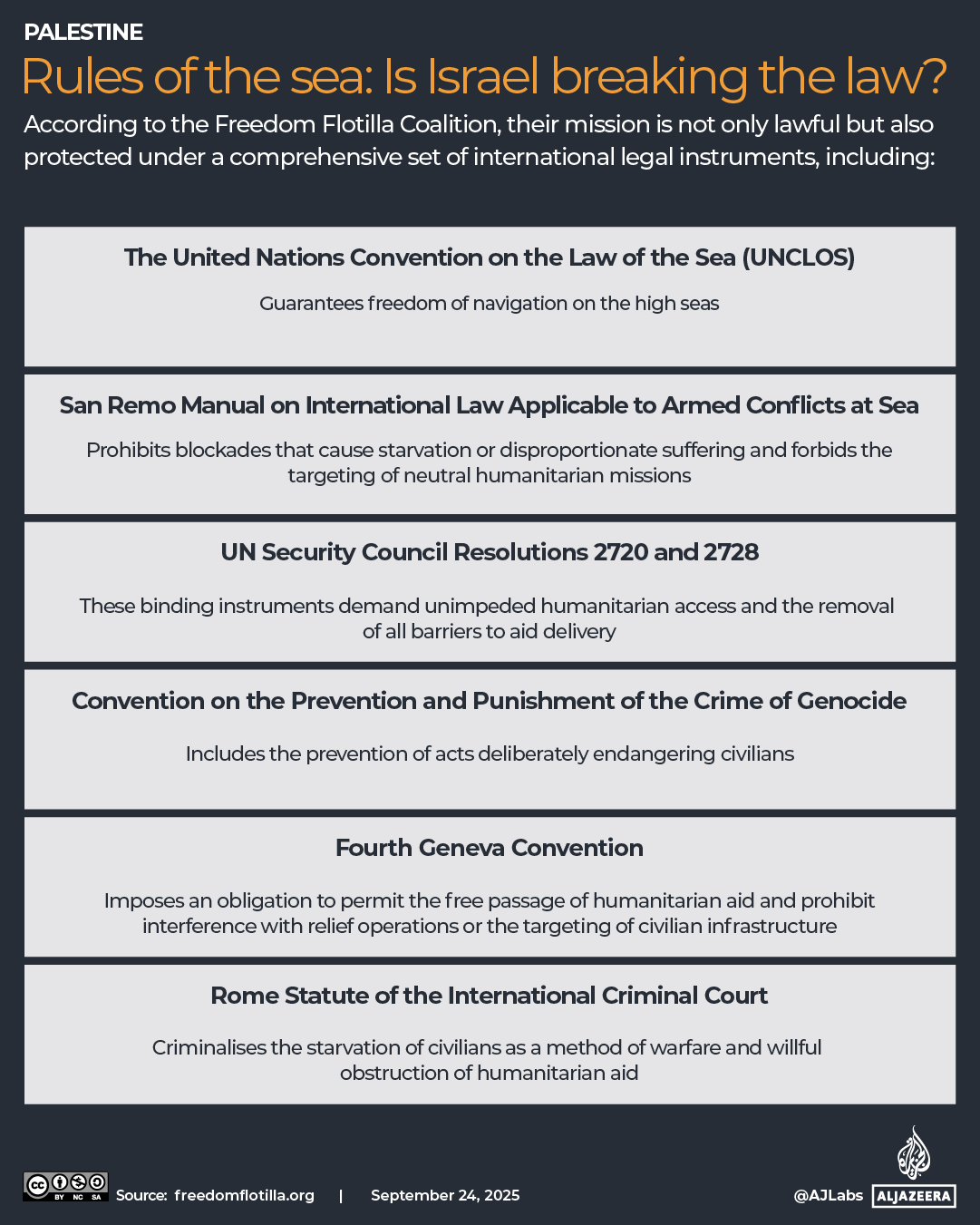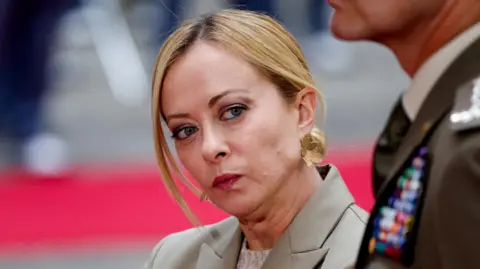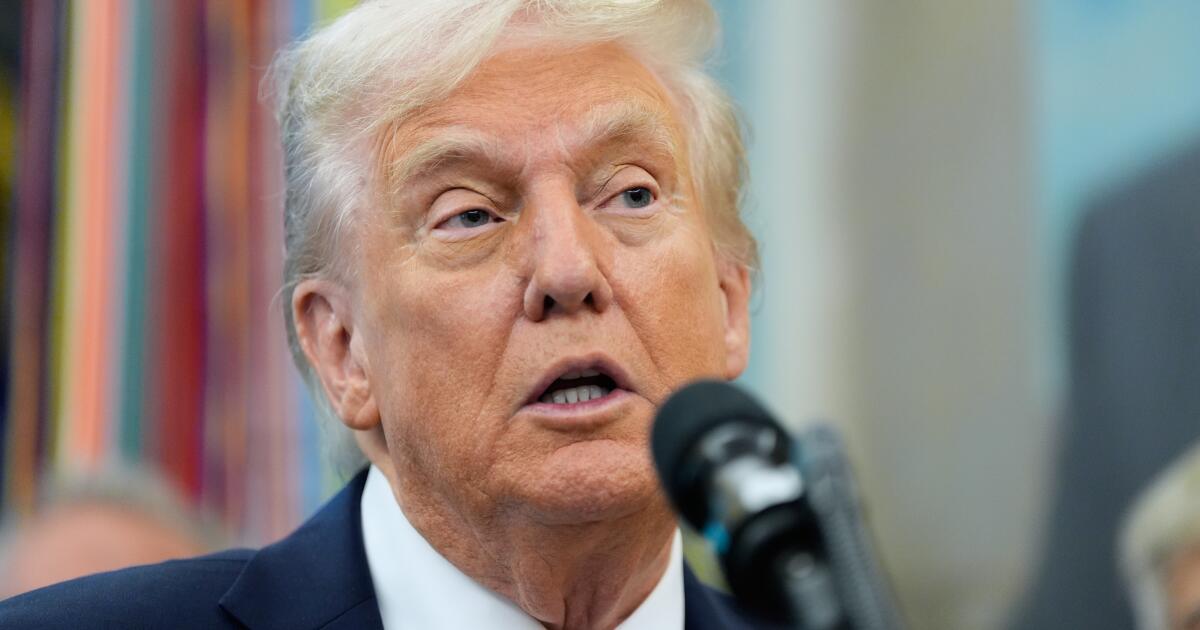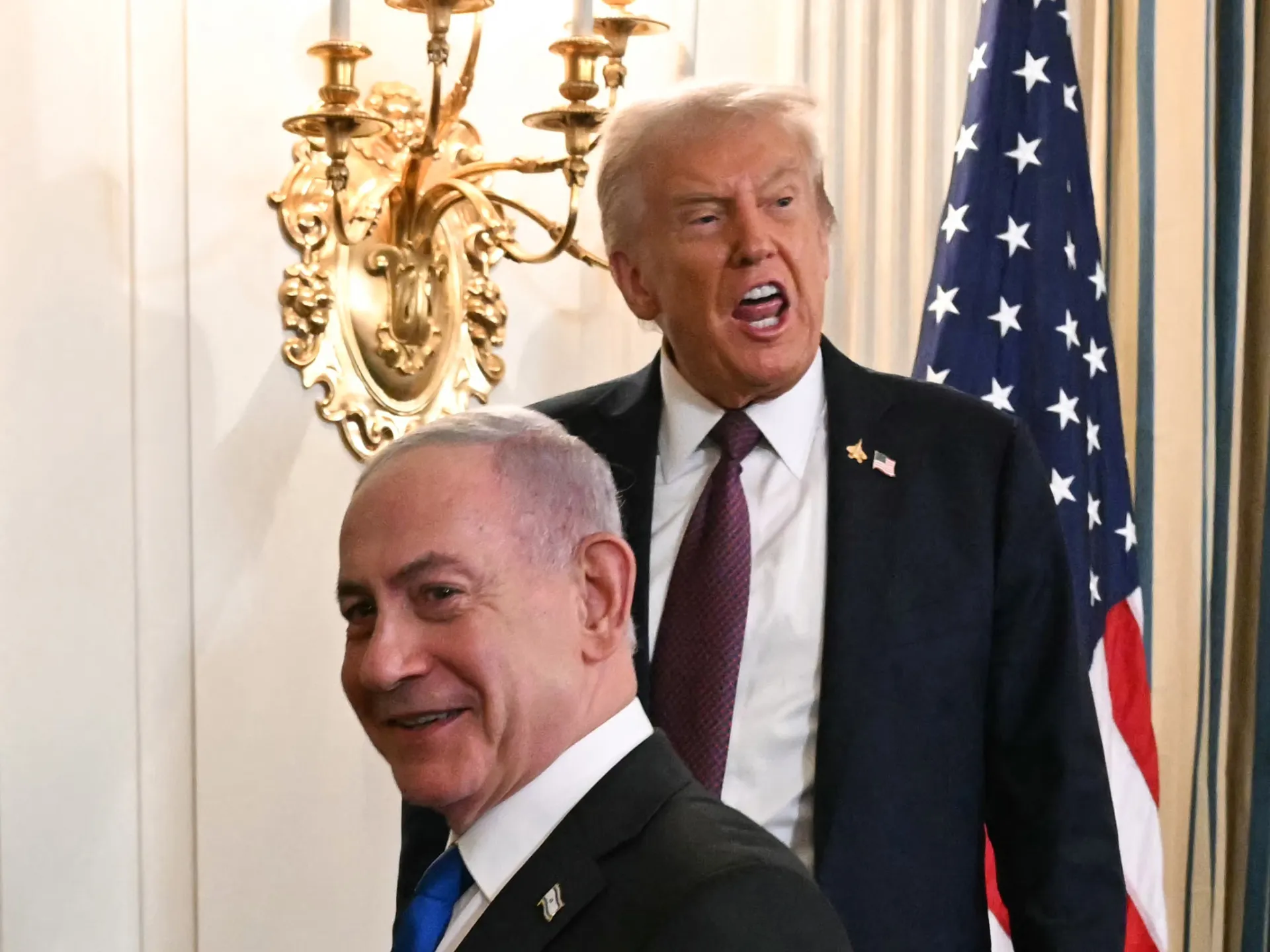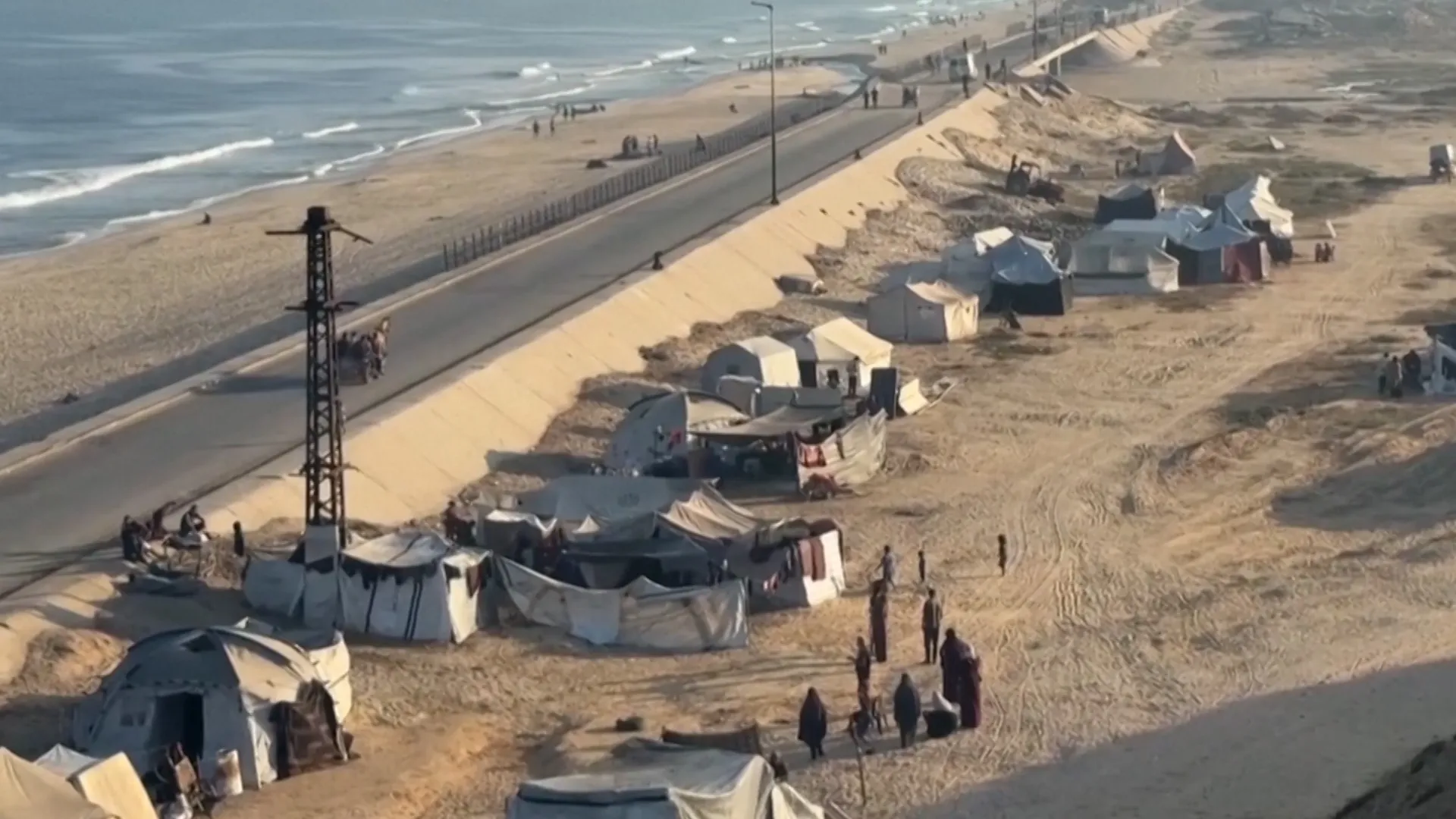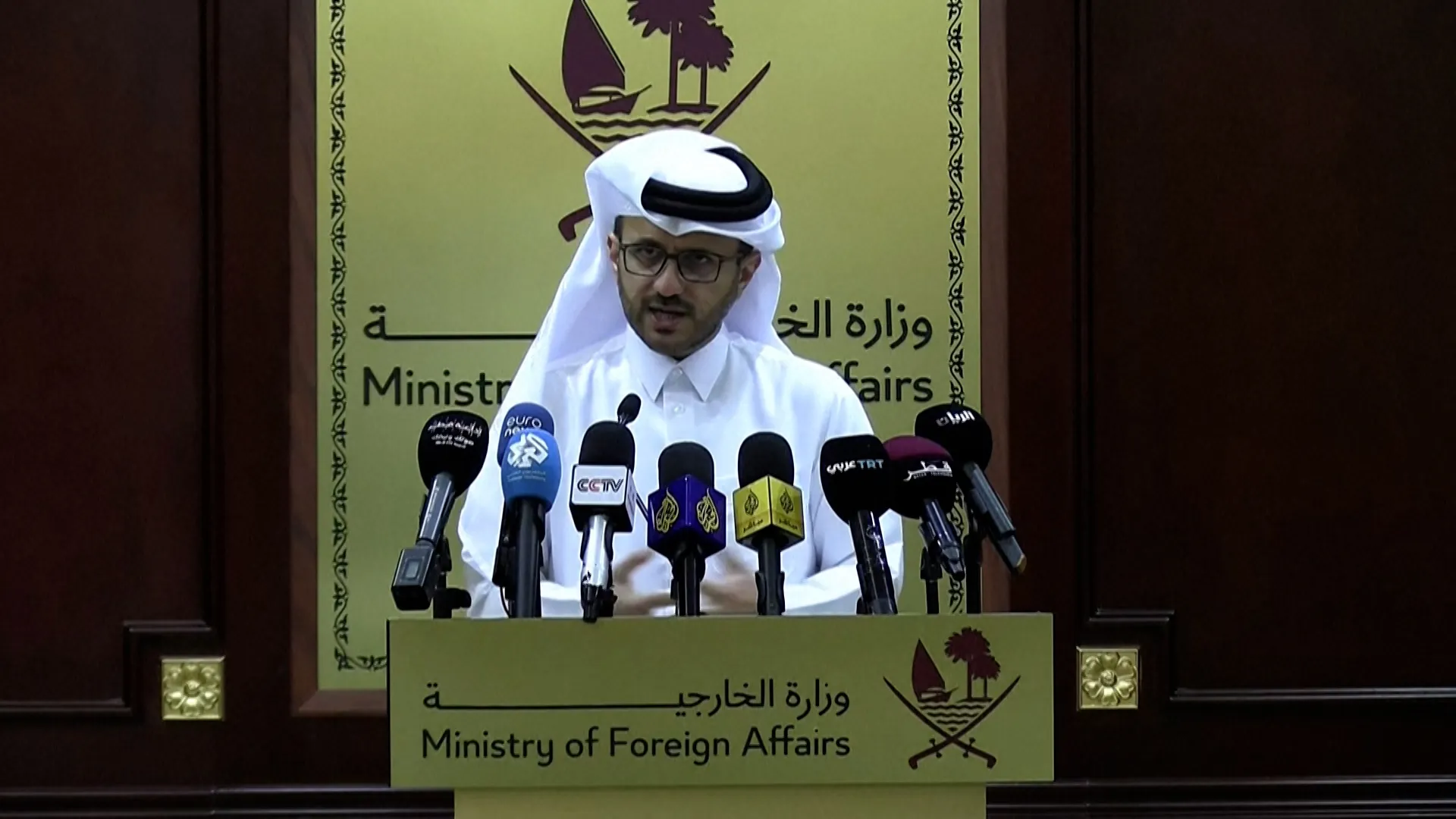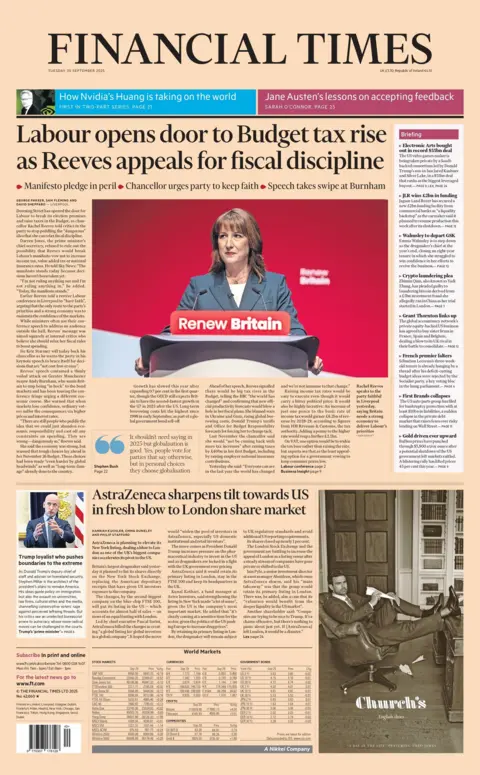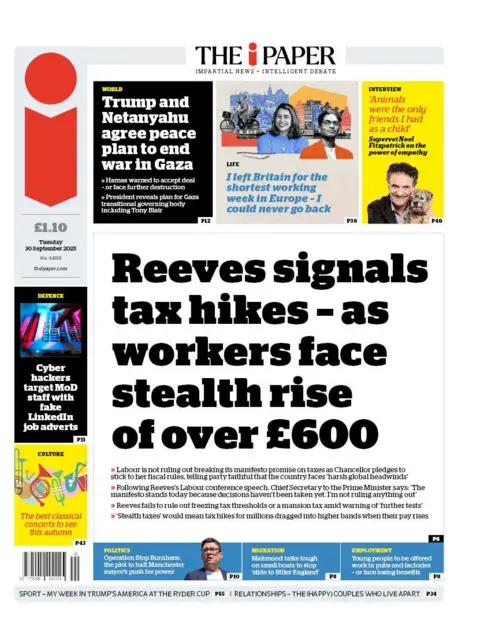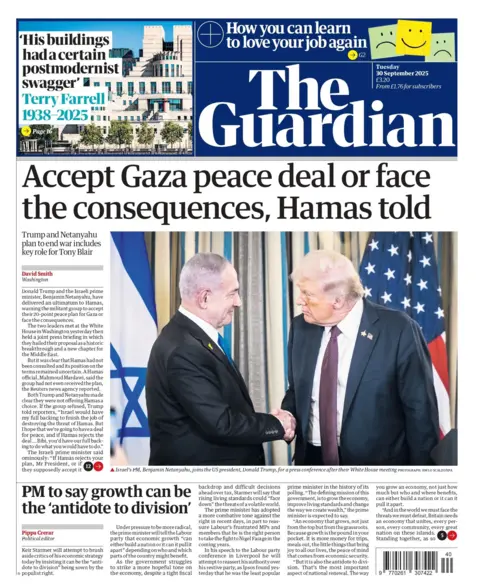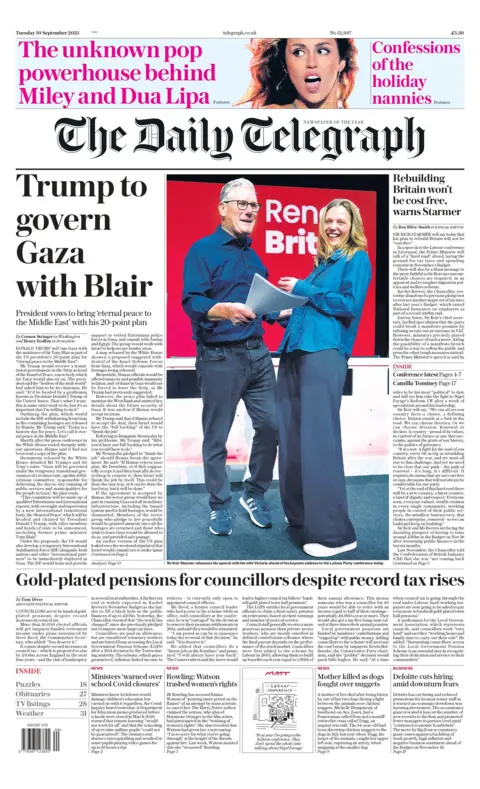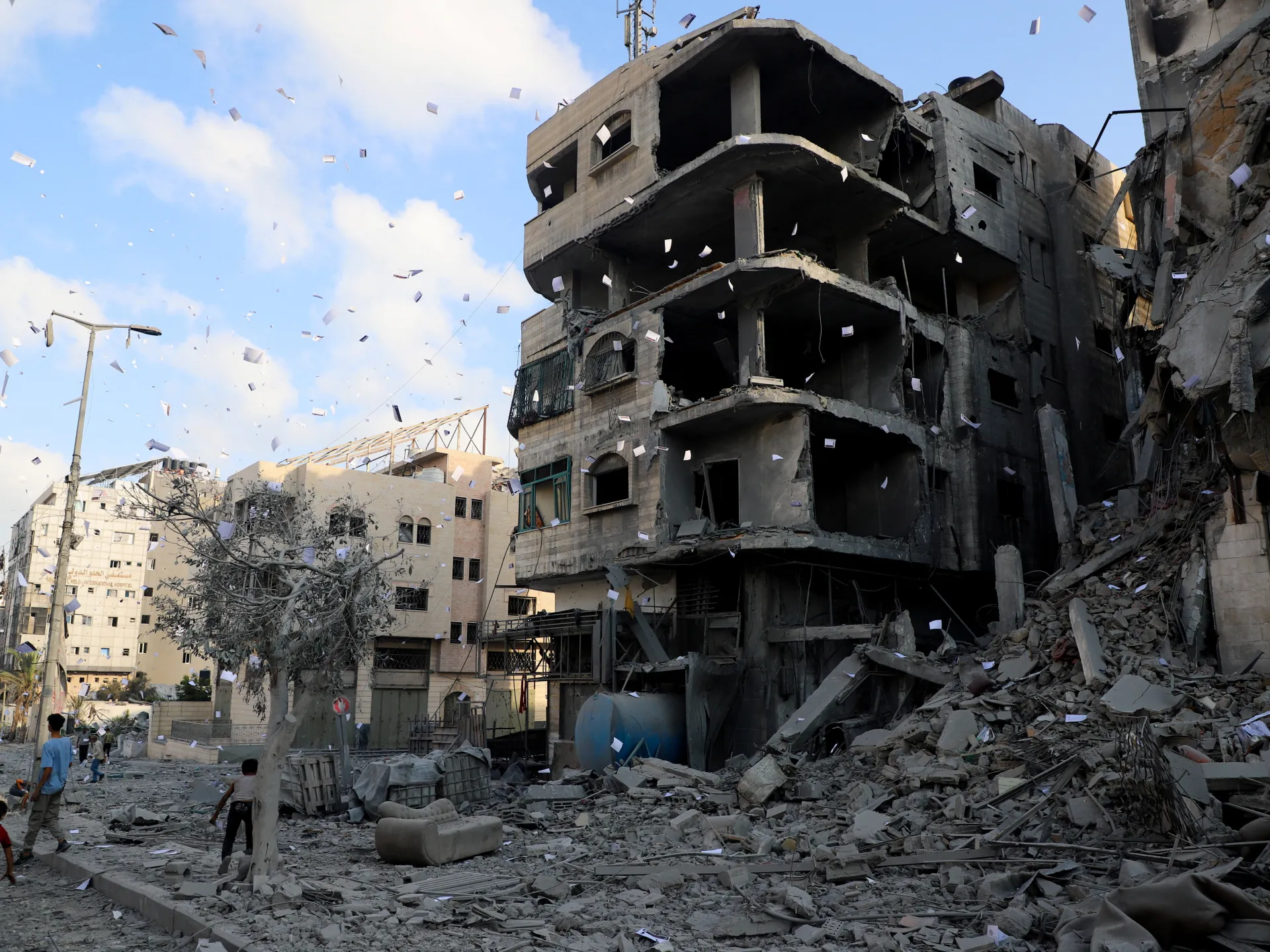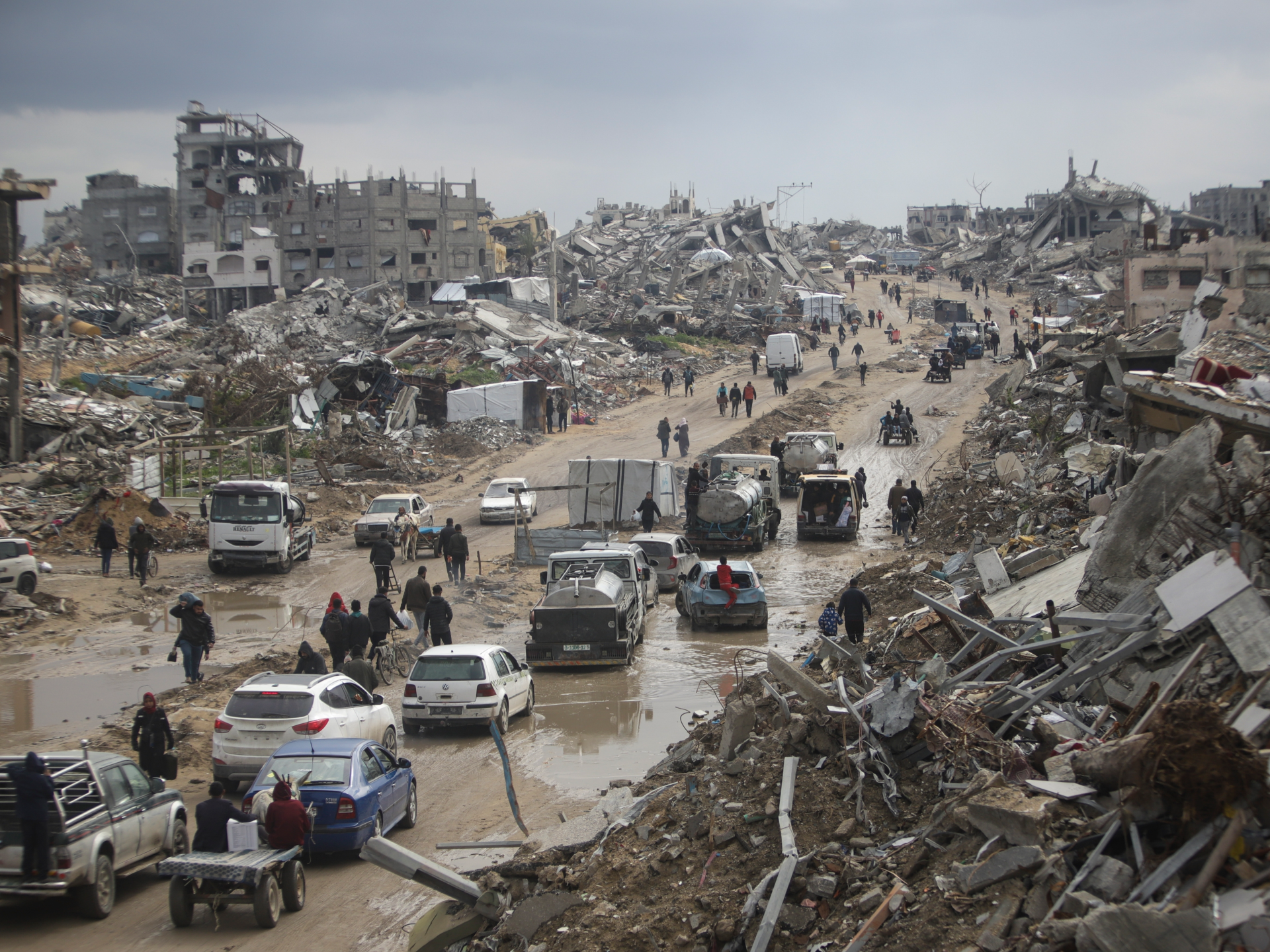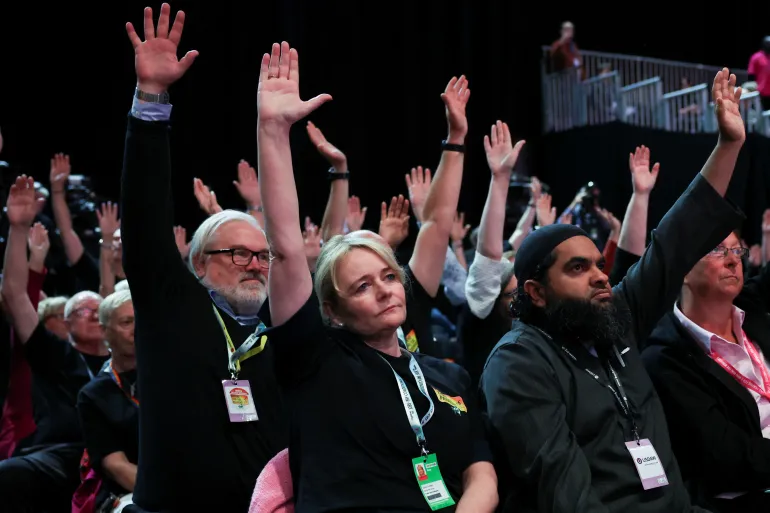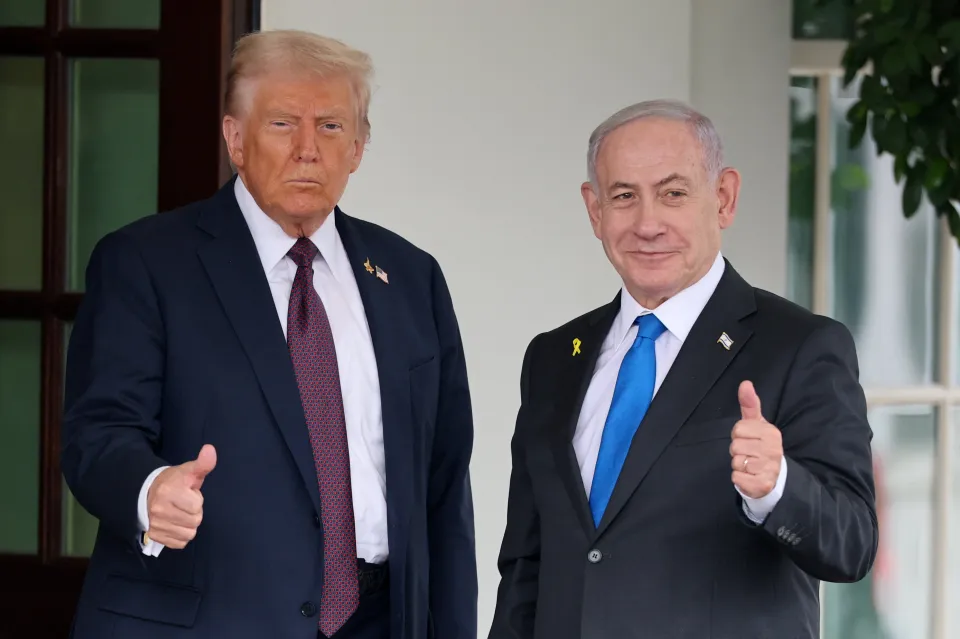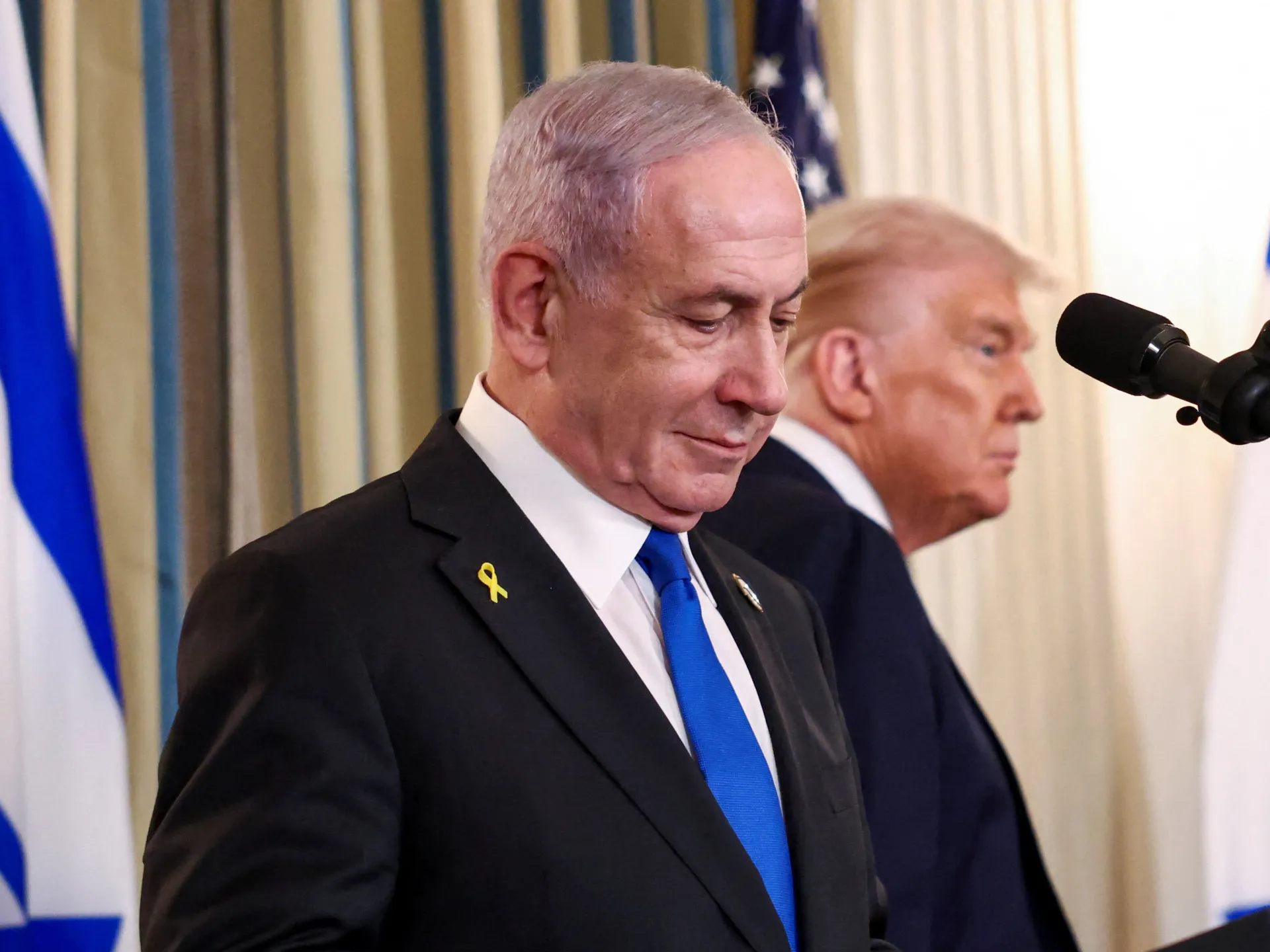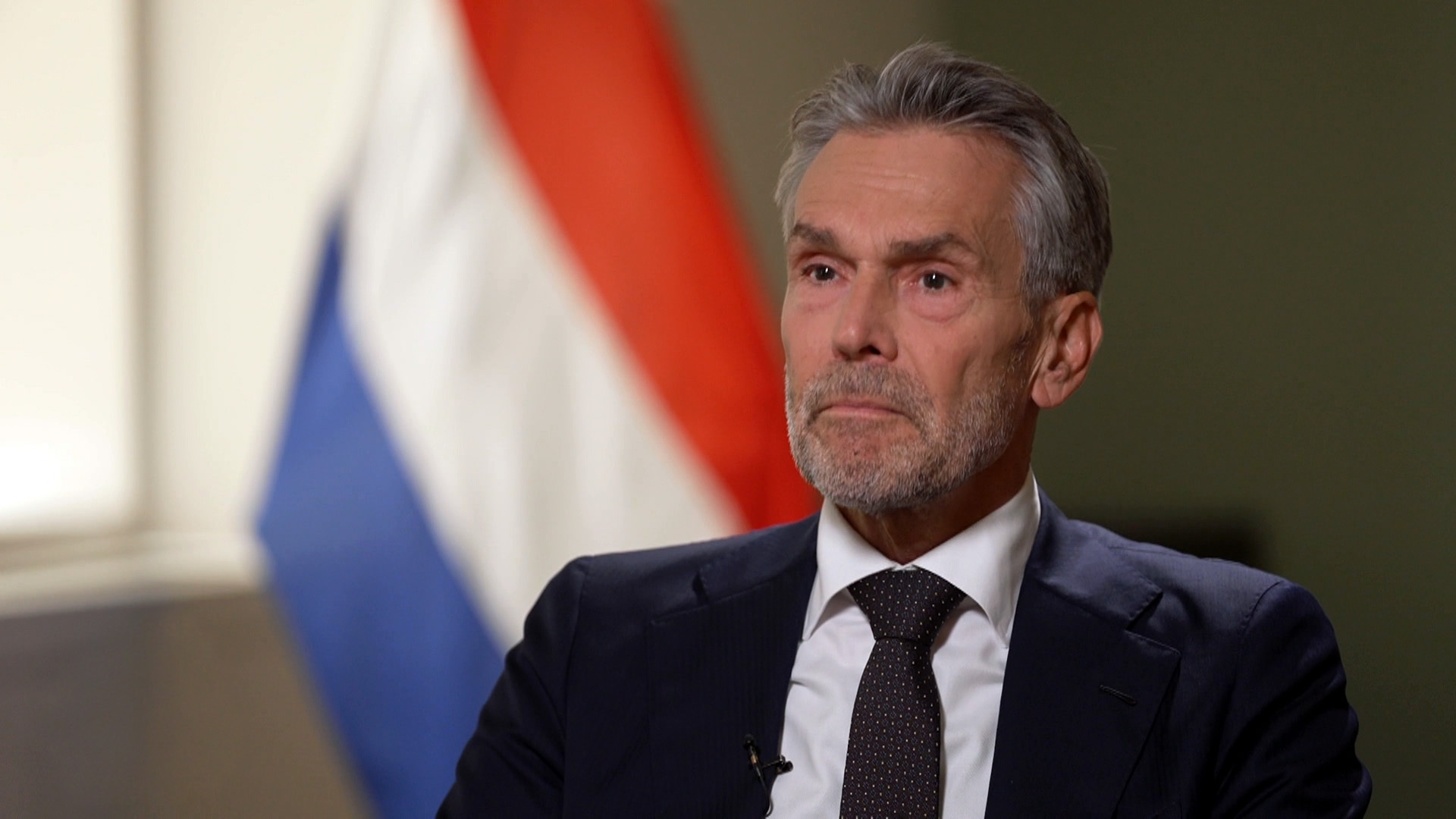Trump’s Gaza ‘Board of Peace’ promises Tony Blair yet another payday | Israel-Palestine conflict
Just when you thought prospects for the future of the Gaza Strip could not get any bleaker, United States President Donald Trump has unveiled his 20-point “peace plan” for the Palestinian territory, starring himself as the chair of a “Board of Peace” that will serve as a transitional government in the enclave. This from the man who has been actively aiding and abetting Israel’s genocide of Palestinians since January, when he took over the US presidency from former honorary genocidaire Joe Biden.
But that is not all. Also on board for the “Board of Peace” is former British Prime Minister Tony Blair, who will reportedly play a significant governing role in Gaza’s proposed makeover. To be sure, importing a Sir Tony Blair from the United Kingdom to oversee an enclave of Palestinians smacks rather hard of colonialism in a region that is already quite familiar with the phenomenon.
And yet the region is also already quite familiar with Blair himself, owing in particular to his notorious performance during the 2003 war on Iraq, led by his buddy and then-chief of the so-called war on terror, George W Bush. Swearing by the false allegations of Iraqi weapons of mass destruction, Blair steered the UK into a war that ultimately killed hundreds of thousands of Iraqis, earning him a most deserved reputation as a war criminal.
In other words, he is not a guy who should under any circumstances turn up on a “Board of Peace”.
And while Bush would subsequently retire to a quiet life of painting dogs and portraits of Russian President Vladimir Putin, Blair continued to make a name for himself as the man the Middle East just cannot get rid of – and to make a pretty penny while at it.
After resigning as prime minister in 2007, Blair was immediately reincarnated as Middle East envoy for the “Quartet” of international powers – representing the US, the European Union, Russia, and the United Nations – that is ostensibly forever striving to resolve the Israel-Palestine issue.
But in this case, too, the appointment of an envoy with close relations to Israel – the unquestionable aggressor to the “conflict” – pretty much obviated any advancement in the direction of “peace”.
Furthermore, Blair’s diplomatic activity conveniently overlapped with an array of highly lucrative business dealings in the region, from providing paid advice to Arab governments to signing on as a part-time senior adviser in 2008 with the US investment bank JP Morgan. For the latter post, Blair was said to be compensated in excess of $1m per year.
As Francis Beckett, coauthor of Blair Inc: The Man Behind the Mask, told Al Jazeera in 2016 – the year after Blair stepped down as Quartet envoy – “the difficulty was that when he went to meetings in the Middle East, nobody knew which Tony Blair they were seeing – whether it was Tony Blair the Quartet envoy or Tony Blair the patron of the Tony Blair Faith Foundation or Tony Blair the principal of the consultancy firm Tony Blair Associates”.
But, hey, the point of conflicts of interest is that they pay off.
In a 2013 article for the Journal of Palestine Studies, award-winning journalist Jonathan Cook noted that, while Blair had little to show in terms of “achievements” as Quartet representative, he liked to “trumpet one in particular: his success in 2009 in securing radio frequencies from Israel to allow the creation of a second Palestinian cell phone operator, Wataniya Mobile, in the West Bank”.
There was a catch, however. As Cook details, Israel released the frequencies in exchange for an agreement from the Palestinian leadership to drop the issue at the UN of Israeli war crimes committed during Operation Cast Lead in Gaza, which was launched in December 2008 and killed some 1,400 Palestinians in a matter of 22 days.
And what do you know? “Blair had private business interests in negotiating the deal,” and it so happened that “not only Wataniya but also JP Morgan stood to profit massively from the opening up of the West Bank’s airwaves.”
Now, it is hardly an exaggeration to assume that Blair will seek to capitalise on his impending governorship of Gaza, as well, as there are no doubt plenty of opportunities for the Tony Blair Institute for Global Change in, you know, changing the world to definitively screw over the Palestinians.
One focus of Trump’s 20-point plan, incidentally, is the “many thoughtful investment proposals and exciting development ideas … crafted by well-meaning international groups” that will magically produce “hope for future Gaza”. After all, why should Palestinians care about having a state and not being perennially massacred by Israel when they can have capitalism and the tyranny of foreign investors instead?
And the face of that tyranny may well be Blair, whose synonymousness with the slaughter of civilians in the Middle East has not prevented him from being once again tapped as a regional peacemaker.
This is not to say that Blair has no fans aside from Trump and the Israelis. For example, New York Times foreign affairs columnist Thomas Friedman, a fellow Orientalist and Iraq war cheerleader, once praised Blair as “one of the most important British prime ministers ever” for having decided to “throw in Britain’s lot with President Bush on the Iraq war”, thereby not only defying “the overwhelming antiwar sentiment of his own party, but public opinion in Britain generally”.
There was, it seemed, no end to Friedman’s admiration for Blair’s antidemocratic stoicism: “He had no real support group to fall back on. I’m not even sure his wife supported him on the Iraq war. (I know the feeling!)”
Now, as Gaza’s fate continues to hang at the mercy of Blair and other international war criminals, perhaps his wife should suggest that he take up painting instead.
The views expressed in this article are the author’s own and do not necessarily reflect Al Jazeera’s editorial stance.
